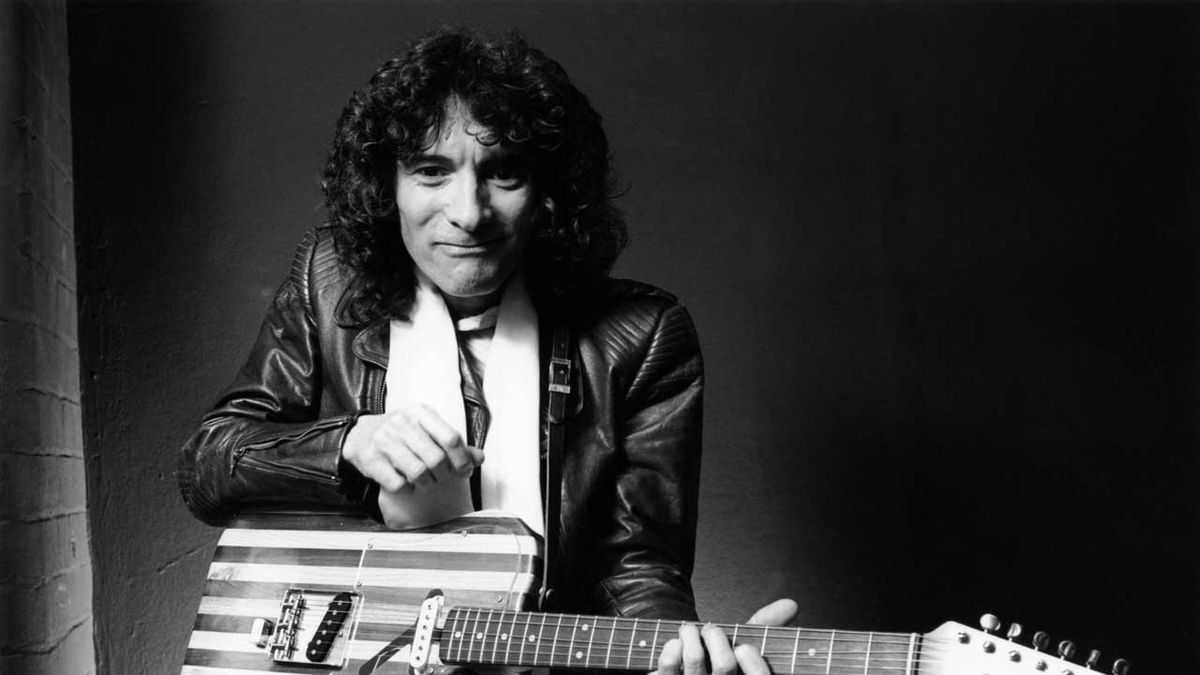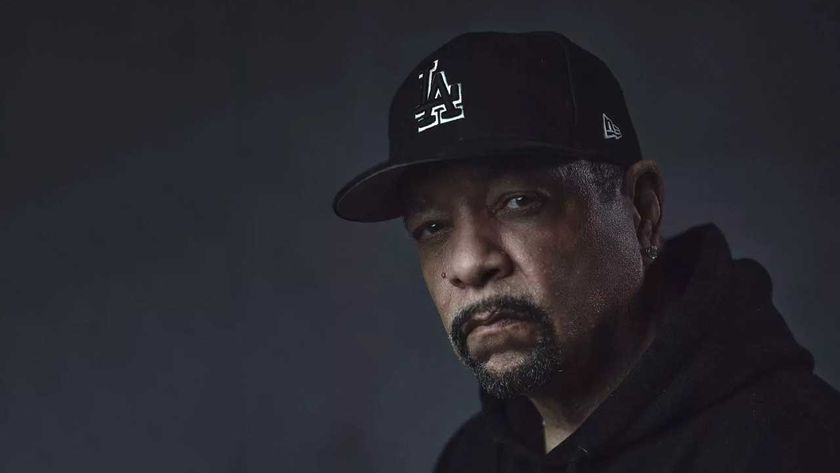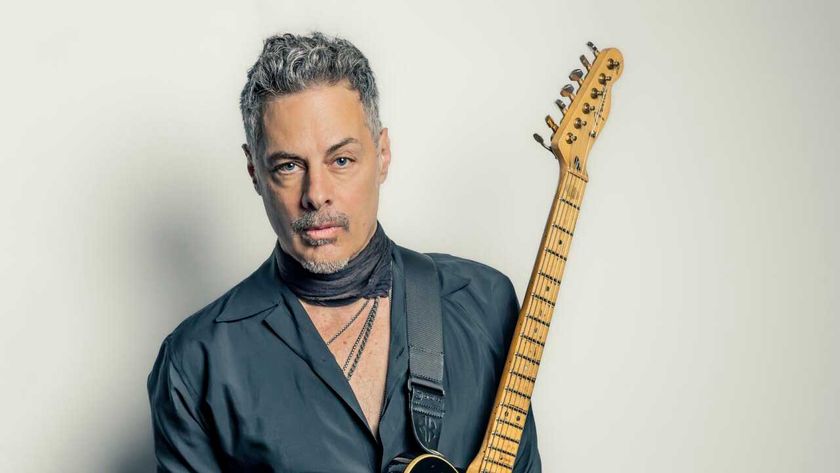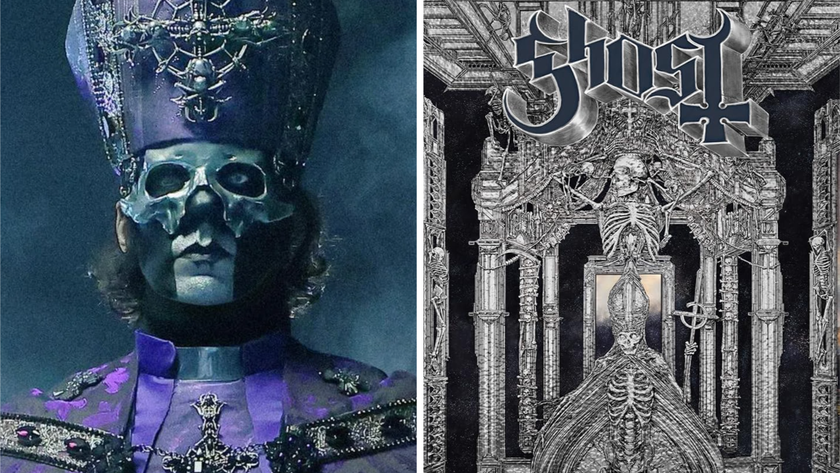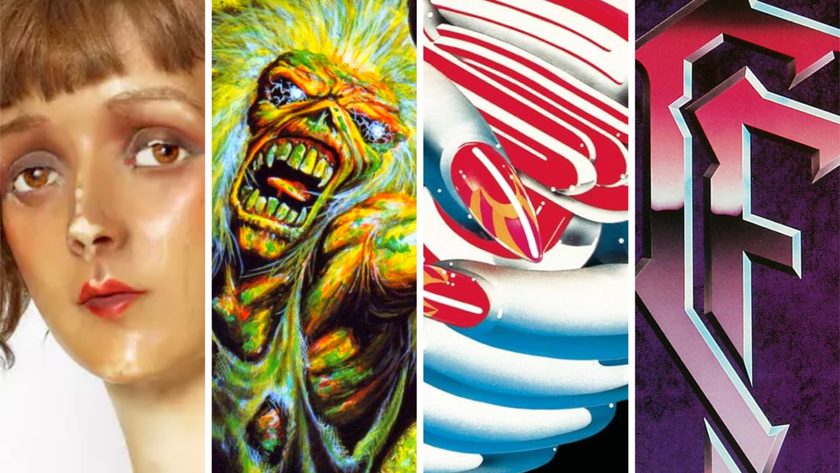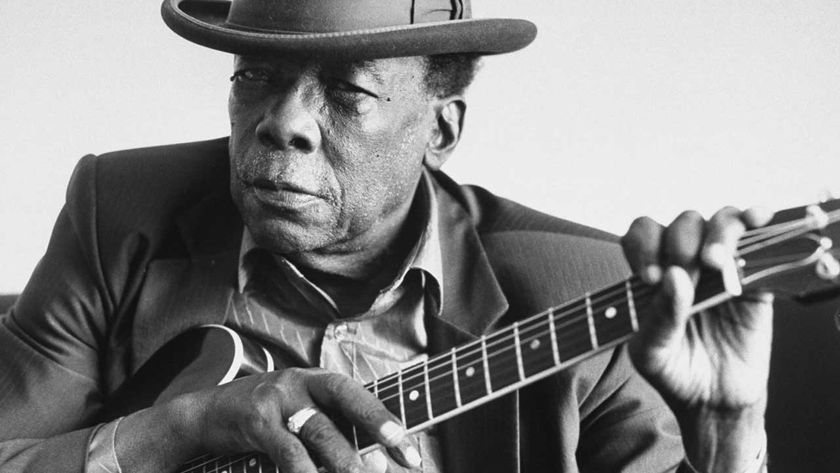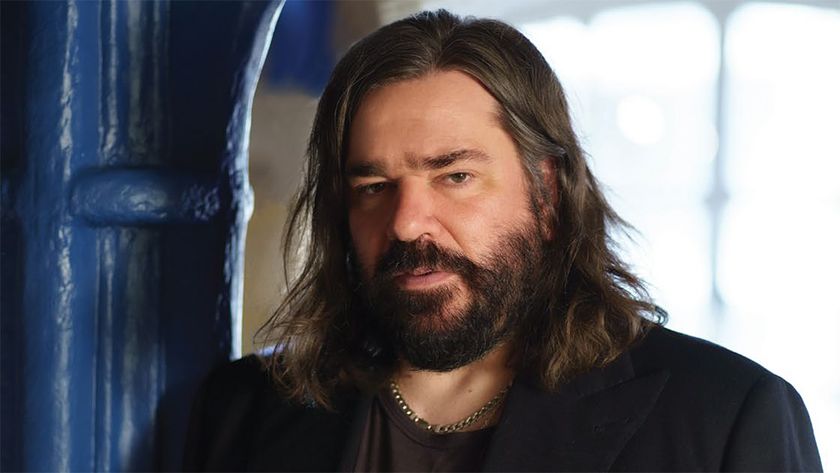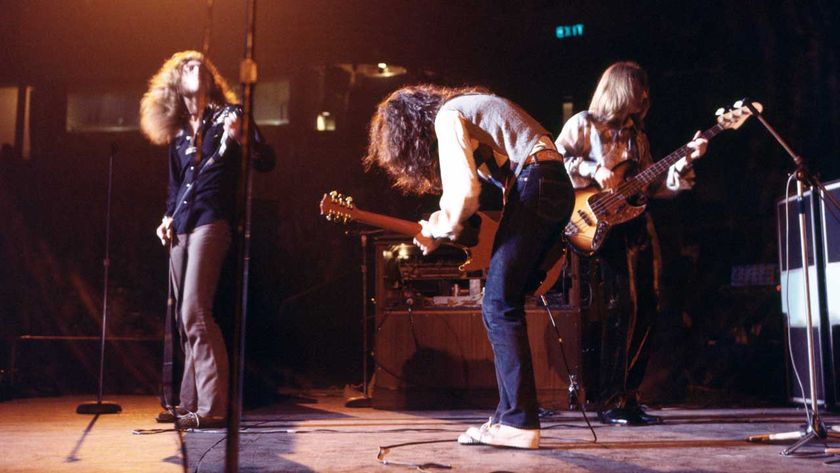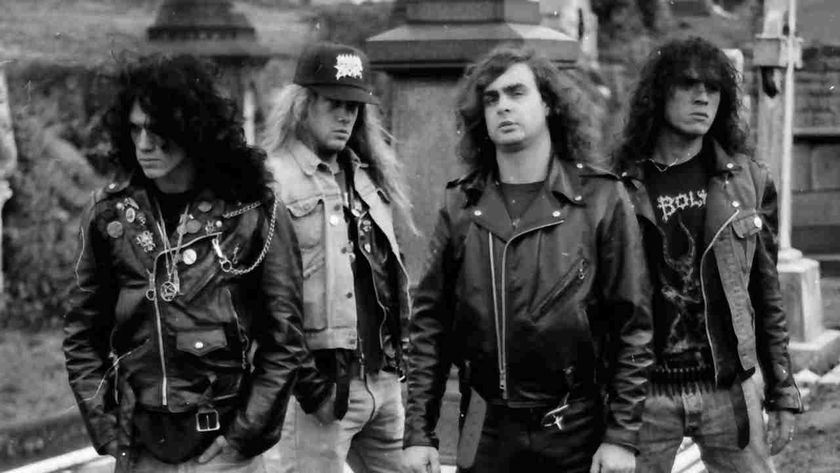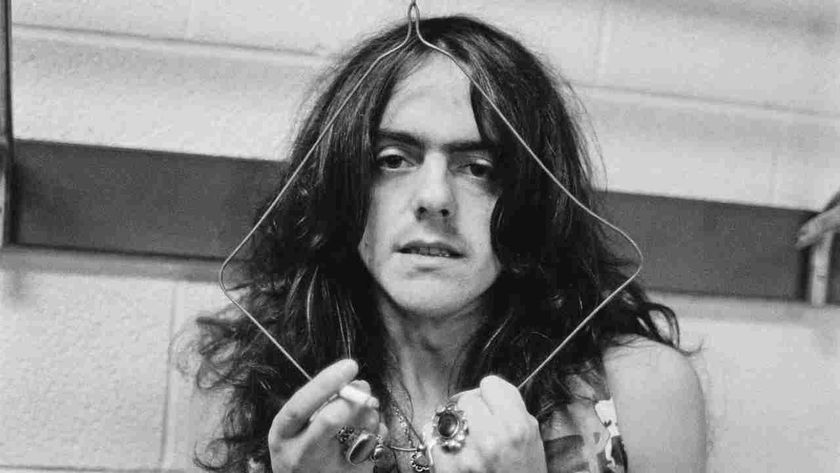Guitarist Albert Lee is still in the road, performing solo shows and, if called upon, with Bill Wyman's Rhythm Kings, but it’s his track record as a session guitarist – stretching back to the early 60s with Chris Farlowe & The Thunderbirds and then Heads, Hands & Feet, with whom he really made a name for himself – that catches the eye.
During the 70s Lee’s fortunes changed when he joined Emmylou Harris’s Hot Band and stayed on for several years, appearing on albums of hers including Luxury Liner (1977) and Roses In The Snow (1980), and developing a reputation as one of the hottest country pickers on the block.
In the early 1980s Lee toured with The Everly Brothers, Eric Clapton and Wyman. Doing so much work with other artists, Lee’s solo work has been restricted to just a few albums, which include Hiding (1979) and Gagged But Not Bound (1988). His most recent album, Gypsy Man - A Tribute To Buddy Holly, was released in 2019.

What would you say was the best career decision you ever made?
Oh, I don’t know. Probably joining Emmylou Harris’s band [The Hot Band] in 1976. It meant that I stayed in the US. And everything changed completely for me after that. Also, though, it was just great music.
Which career move would you like the opportunity to go back and change?
That’s a good question. I think in the sixties I was very happy to be known as a lead guitarist. I just loved what I was doing. I never paid much attention to my singing – there were so many good singers around, like Chris Farlowe and Jackie Lynton – and so I didn’t think it was important. But now I wish that I’d tried to work on that a little bit more.
What’s the most ridiculous thing you ever asked for on a tour rider?
[Laughs] I’ve never really been in that position. All of the bands that I’ve been with have been quite sane, really. And anyway, I think most of the bands that come up with ridiculous requests, like having all the blue and brown M&Ms removed, only do it to draw attention.
What’s the worst stunt a record or management company has ever tried to pull on you?
Nothing outrageous, really. There have been several occasions when we’ve played gigs and then the promoter hasn’t paid us. I remember there was one gig in Germany where we played for two or three hours, and at the end of the gig the club owner said he wasn’t going to pay us because he hadn’t liked our music. Oh yes, and then when Heads, Hands & Feet split up, Island [record label] said that we still publishing of several songs, including Country Boy. They’ve still got the publishing, too. I must get a lawyer to sort it out.
Which song would you rather never hear again?
Well, I was watching this programme about the top 100 best-sellers in Britain. And there were lots of one-hit wonders on the list, and I just couldn’t believe how much drivel there was. With so many one-hit wonders, you forget about them really quickly, and then you hear them again and they seem even worse, awful.
Would you ever have sold your soul to the Devil if the terms had been right?
No, not at all. I’m not very religious but I do believe in an after-life. I believe in karma: what goes around comes around.
What would you have liked to have done with your life if you hadn’t become a musician?
Good question. Something to do with cars, I think. Perhaps run a garage. I was always mechanically minded when I was a kid. When I was seven or eight I used to love Meccano. I still love working on my cars, though. I’ve got a Ferrari, which I’ve had for twenty years, and I always do the work on it. I’ve also got a Triumph TR8. Basically it’s a TR7 with a Rover engine that was made for the American market. Love it.
Do you think great musicians are born as such rather than made?
Both. You can learn to play, but it’s a very big help if you have a little spark of something extra. I’ve always been lucky because I don’t have to practice. But when I was young I would play two or three hours every day because I just loved doing what I did.
What would we find on the ‘hobbies and interests’ section of your CV?
Cars and music, I think. Most of the music I listen to is classical, though. Quite a lot of keyboard music, actually.
What’s the worst aspect of doing what you do?
Being away from home so much. This last year I’ve been away for eight or nine months, so I miss the family life. It would be good if there was more studio work in LA or just anywhere in California.
What goals, musically and otherwise, would you still like to achieve?
To continue doing what I’m doing, really. It’s still a challenge, and the money is there, so I can’t see any reason to stop. I really can’t imagine myself retiring.
Which song or piece of music would you like to be played at your funeral?
I guess a classical piece. Fauré’s Requiem. Then there’s a piece by [violinist] Gidon Kramer, which is very atmospheric, but I can’t remember what it’s called. So I guess I’ll stick with Fauré’s Requiem.
The original version of this interview appeared in Classic Rock 67, in June 2004. Albert Lee tours the US in January 2024.
